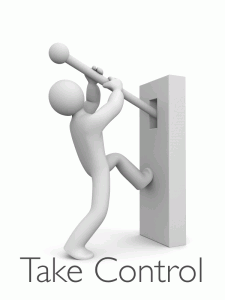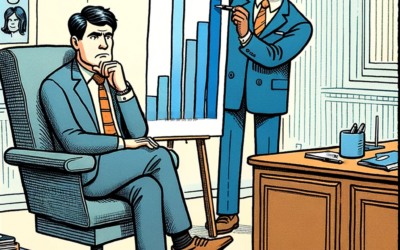 Creating Change that Lasts
Creating Change that Lasts
A lot of leaders struggle with knowing when to NOT offer their opinions. When they’re asked a question, they answer reflexively. Answering, though, is what leaders should do less and their coworkers should do more. Ironically, leaders generally want more accountability from their coworkers, but then they proceed to do their coworkers’ work! They offer their opinions about how they would do a particular task or make a tough decision. In the process, they remove accountability and limit their coworkers’ creativity and engagement.
As an executive coach, I help leaders identify and implement changes that will serve them, their coworkers, and their organization. Creating change that lasts is a four-step process:
- Identify what needs to change
- Determine how to best change it
- Implement the change
- Take steps to ensure the change sticks
All four steps present challenges, but #4 is probably the hardest. It’s relatively easy to change for a little while, but to fully and continually embrace a behavioral shift is difficult.
If you’re a leader who can’t resist giving your two cents when a coworker asks for it, and you’re sabotaging employee accountability in the process, here are two simple ways to create lasting change:
1. Whenever a question is posed to you by a coworker, ask yourself, “Whose decision is it?” If it’s your responsibility to answer the question, answer it. If not, direct it to the responsible party.
2. Enter GPS mode. Before you weigh in on a matter, determine your Goal, Position in relation to the goal, and your Strategy for achieving that goal. If your goal is to improve accountability, and you’re in a position to encourage it, your strategy should be to resist offering your answers. Let your coworkers come up with answers that work best for them and hold them accountable for their results.
For a while, you will likely feel like you need to step outside yourself and that you’re almost watching the conversation take place from above, as you get accustomed to GPSing or asking, “Whose decision is it?” This practice will eventually become second-nature, though–especially when you see how much more accountable your coworkers can be. It won’t be long before you feel fully present in conversations. It won’t be long before you’re creating change that lasts.
If you value accountability, but haven’t done a value assessment, consider doing one now. It’s free!



